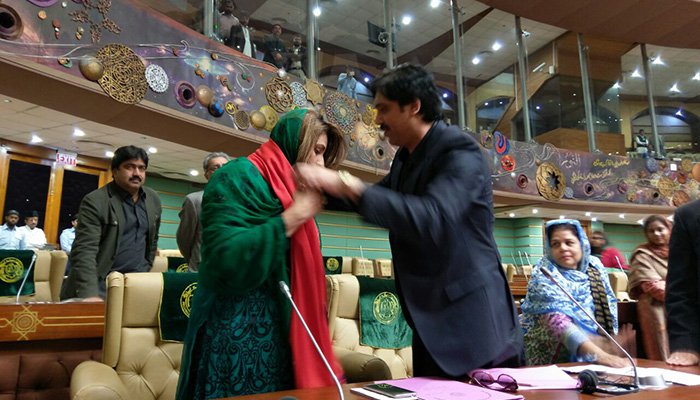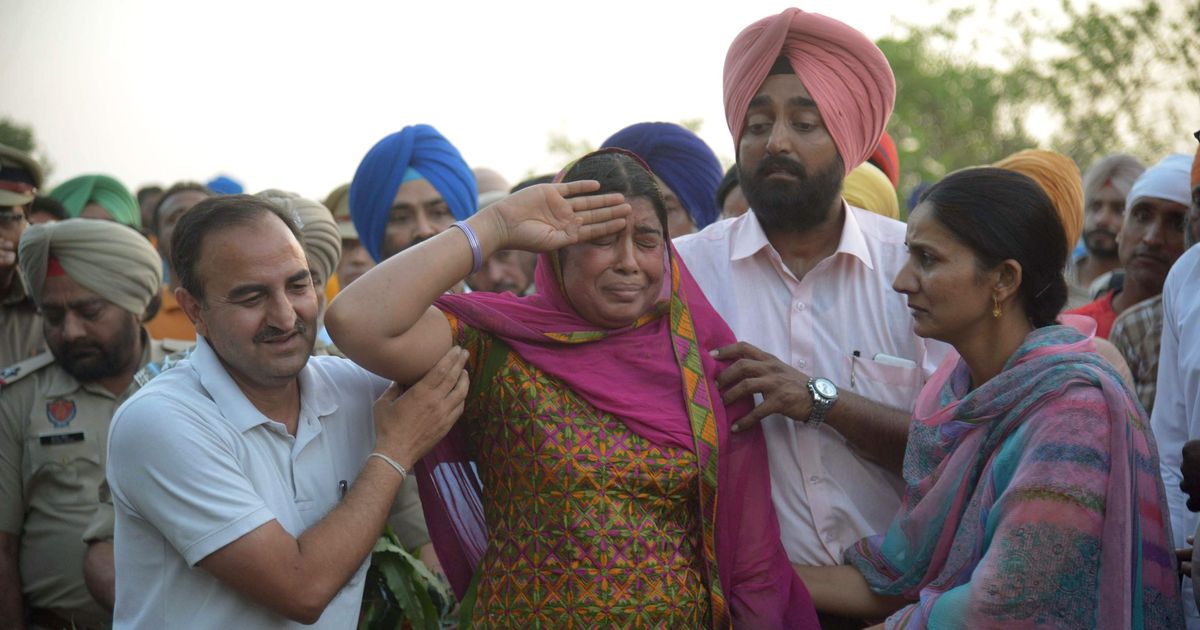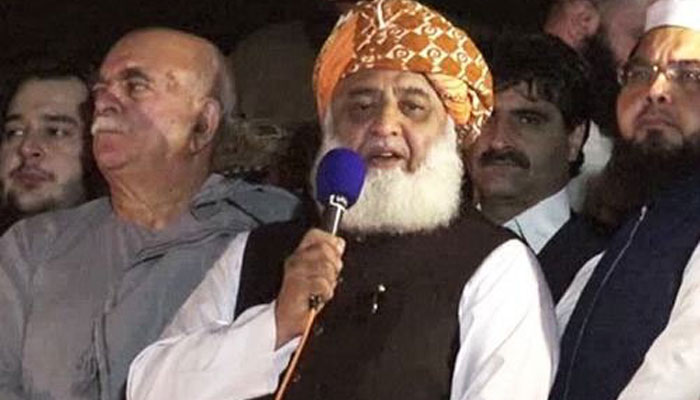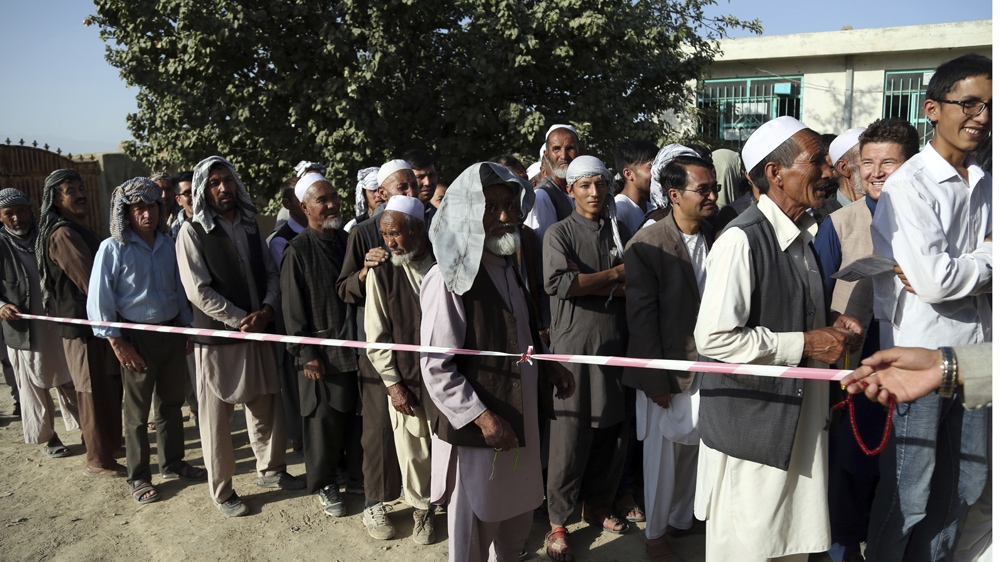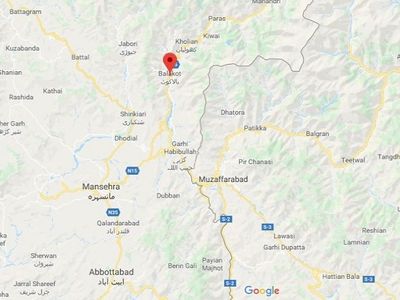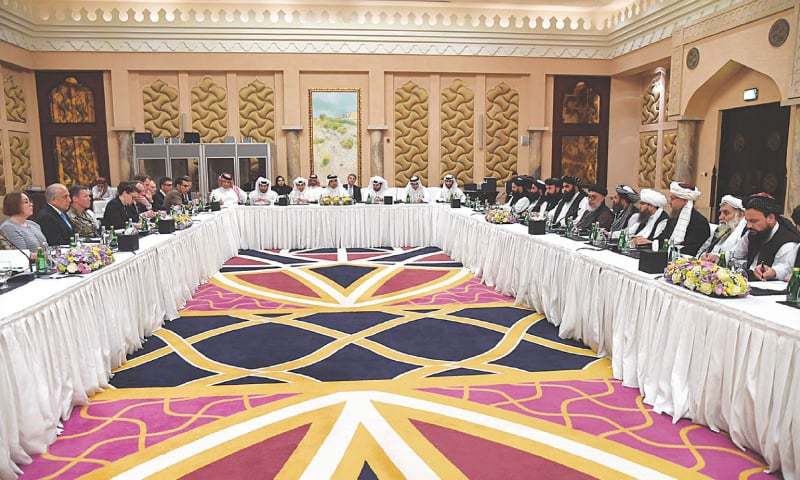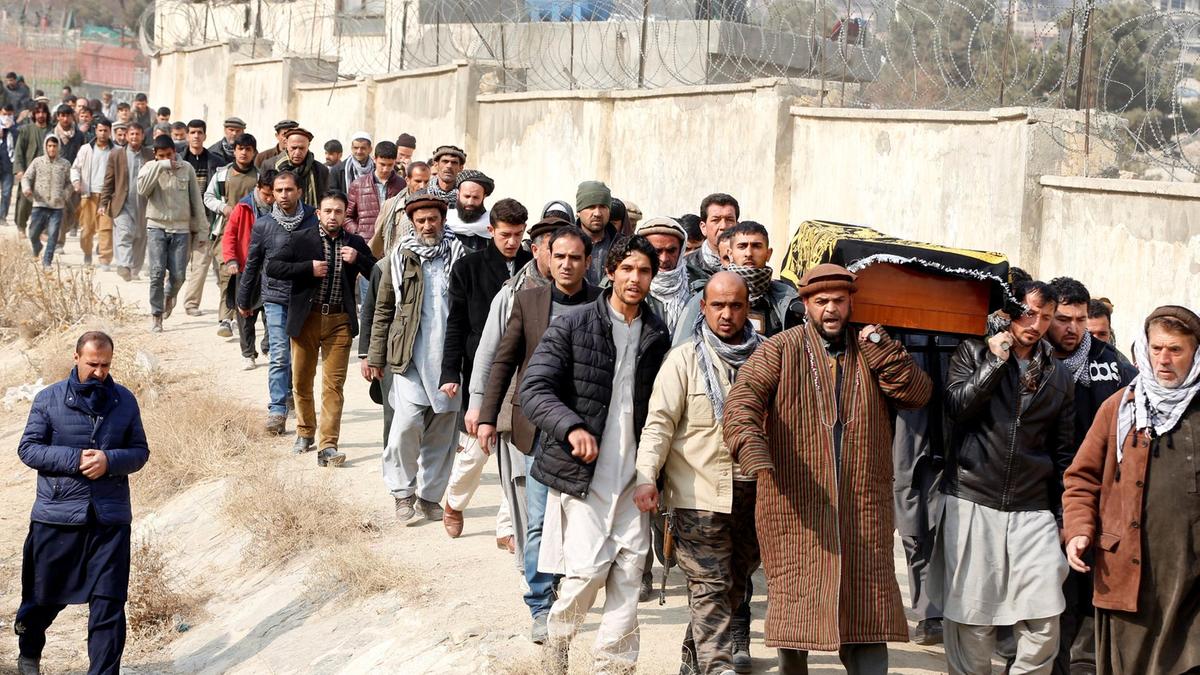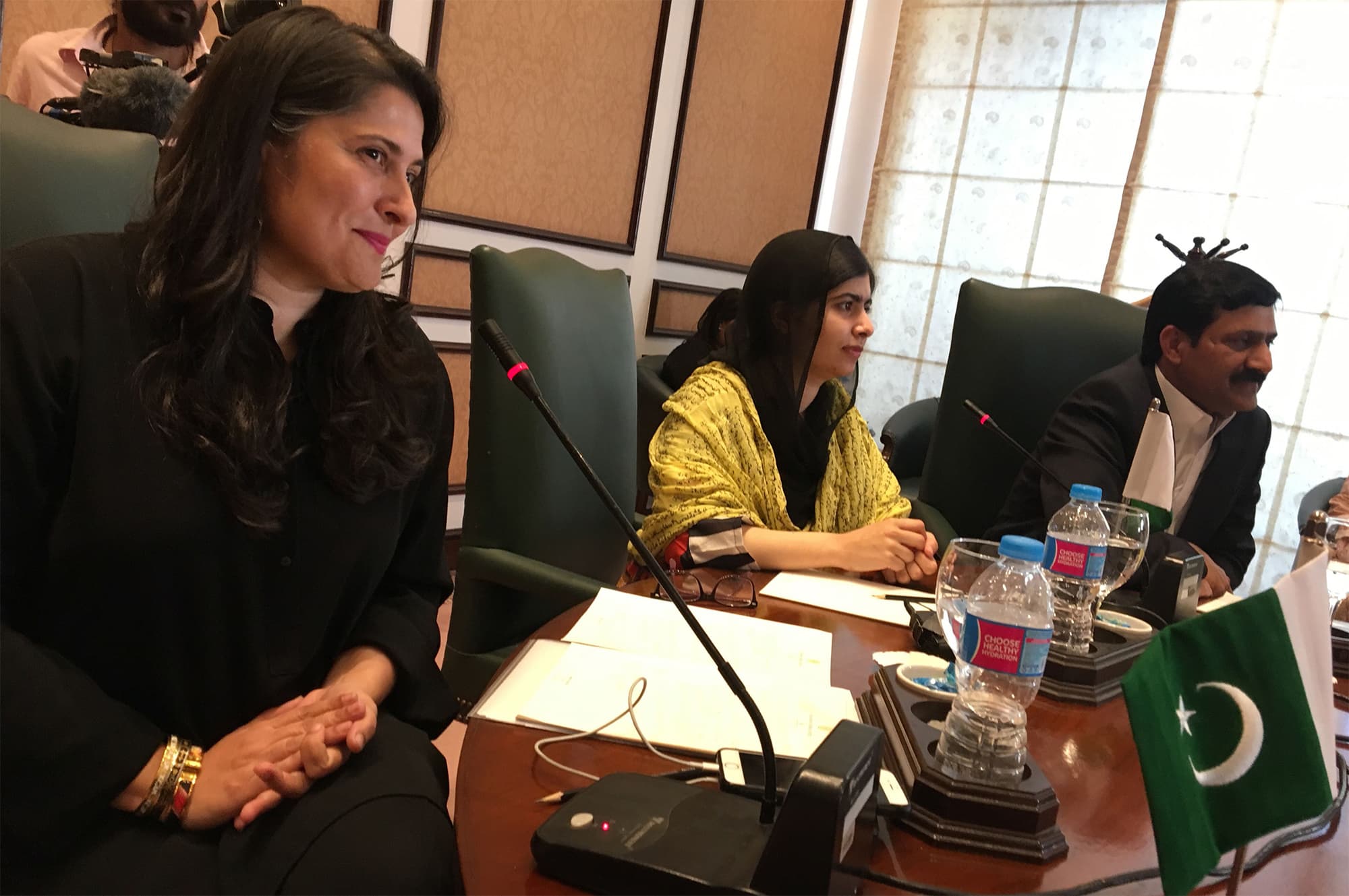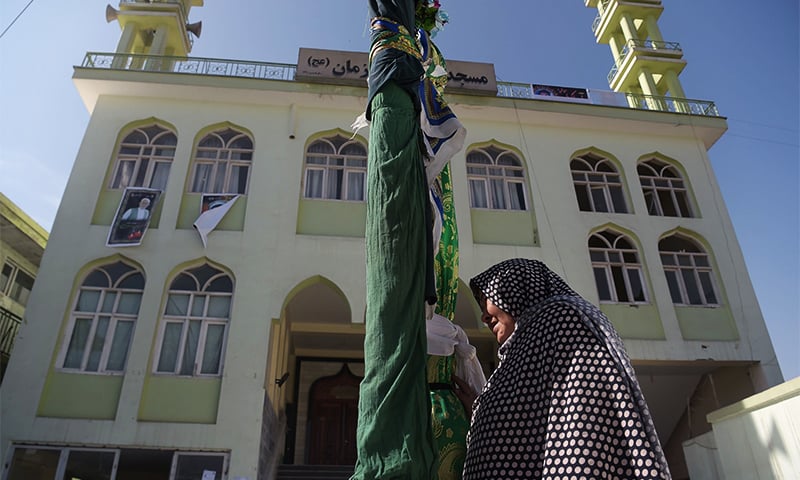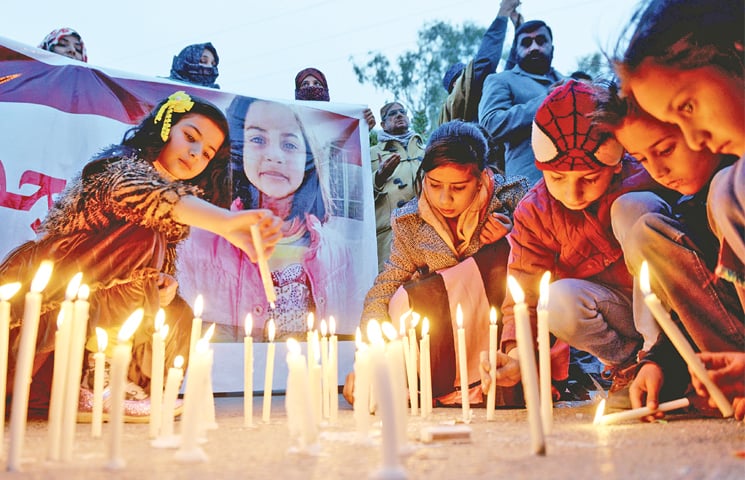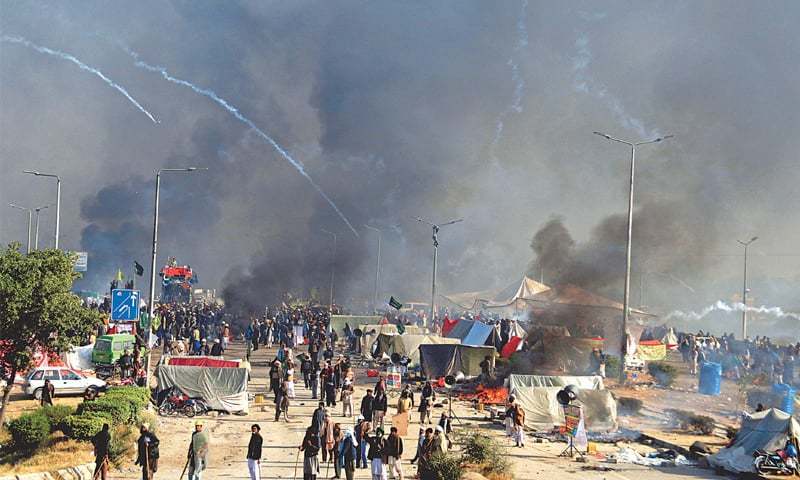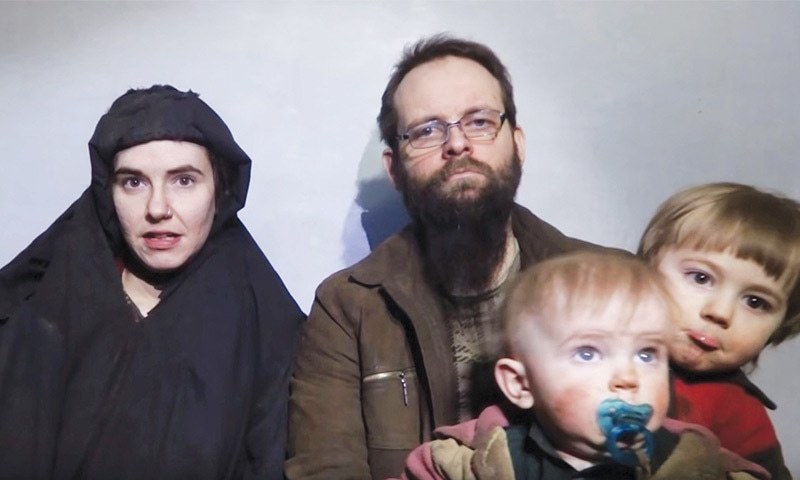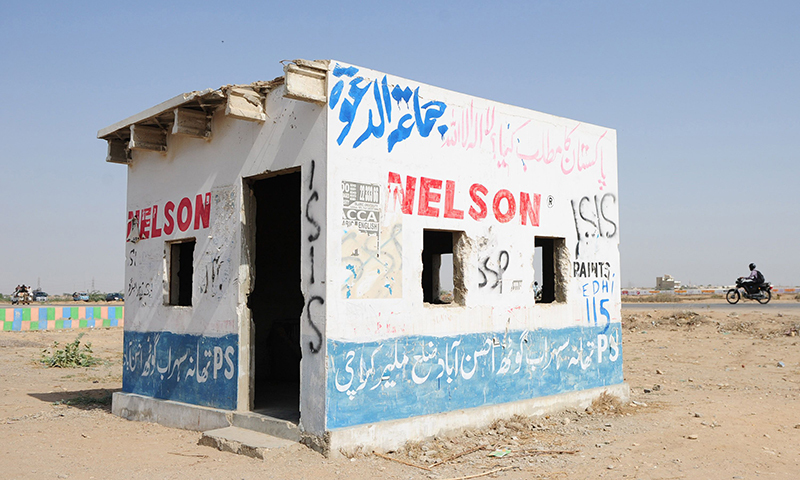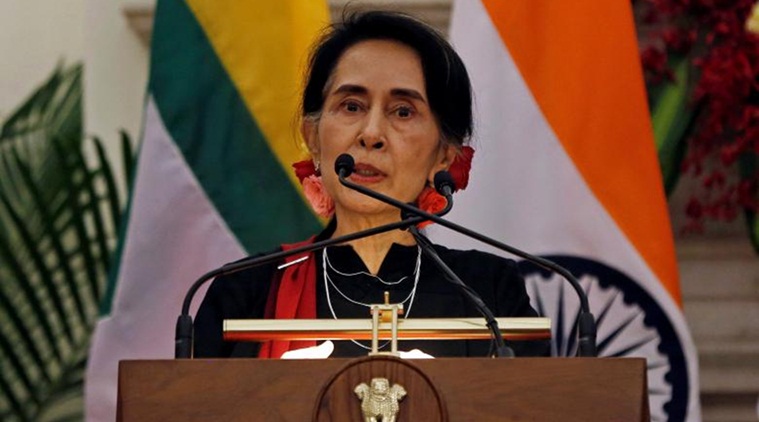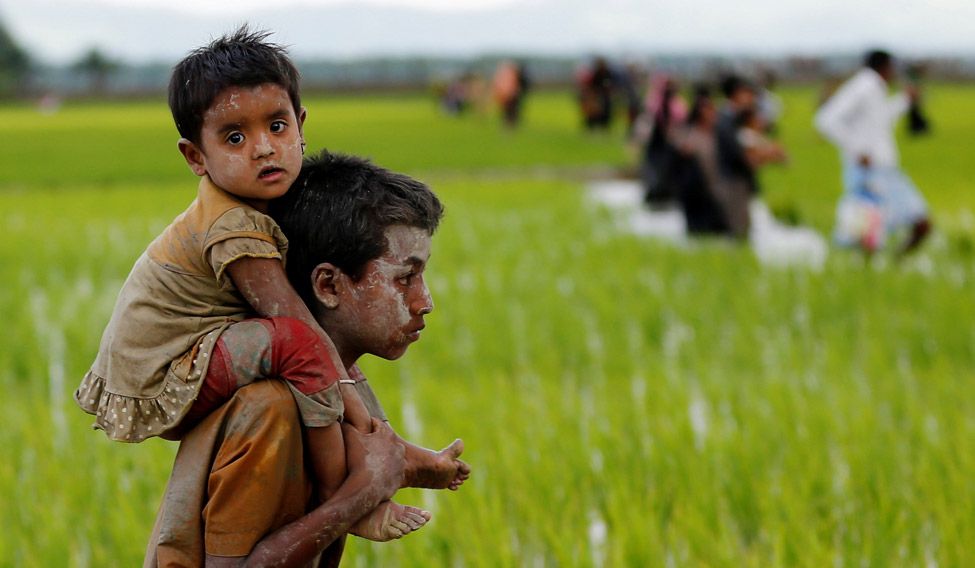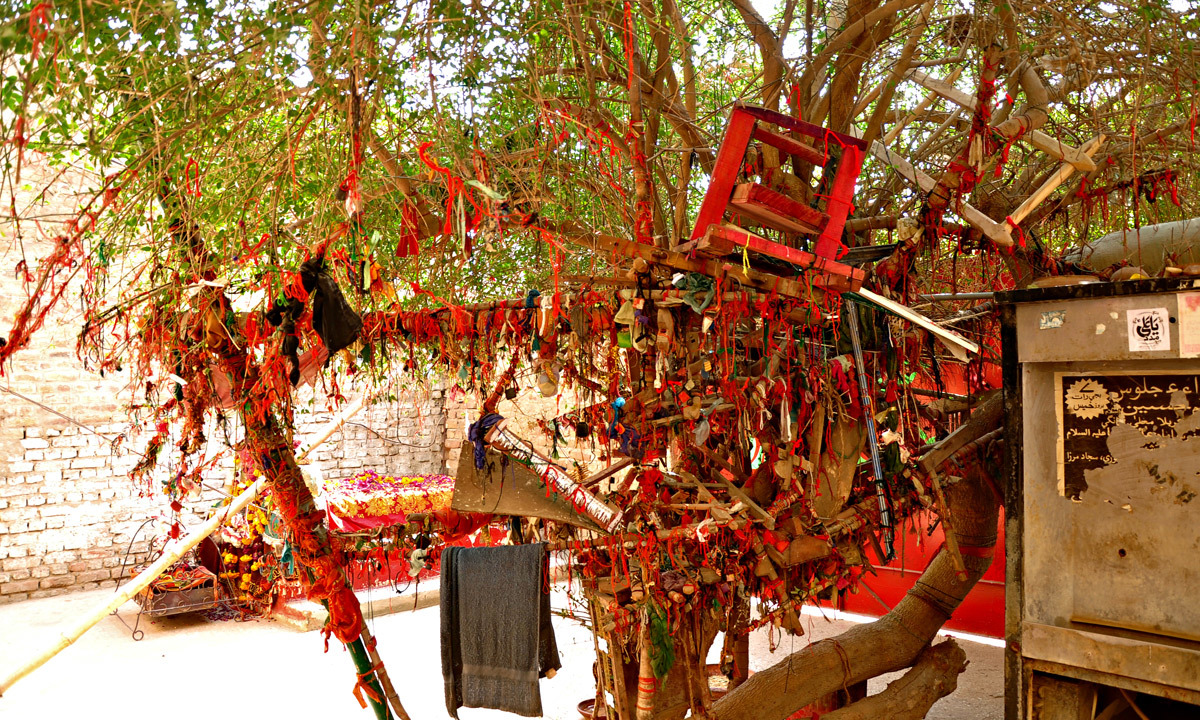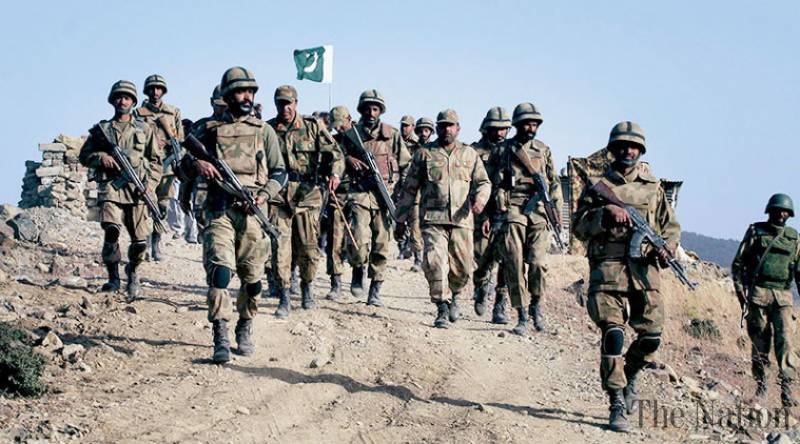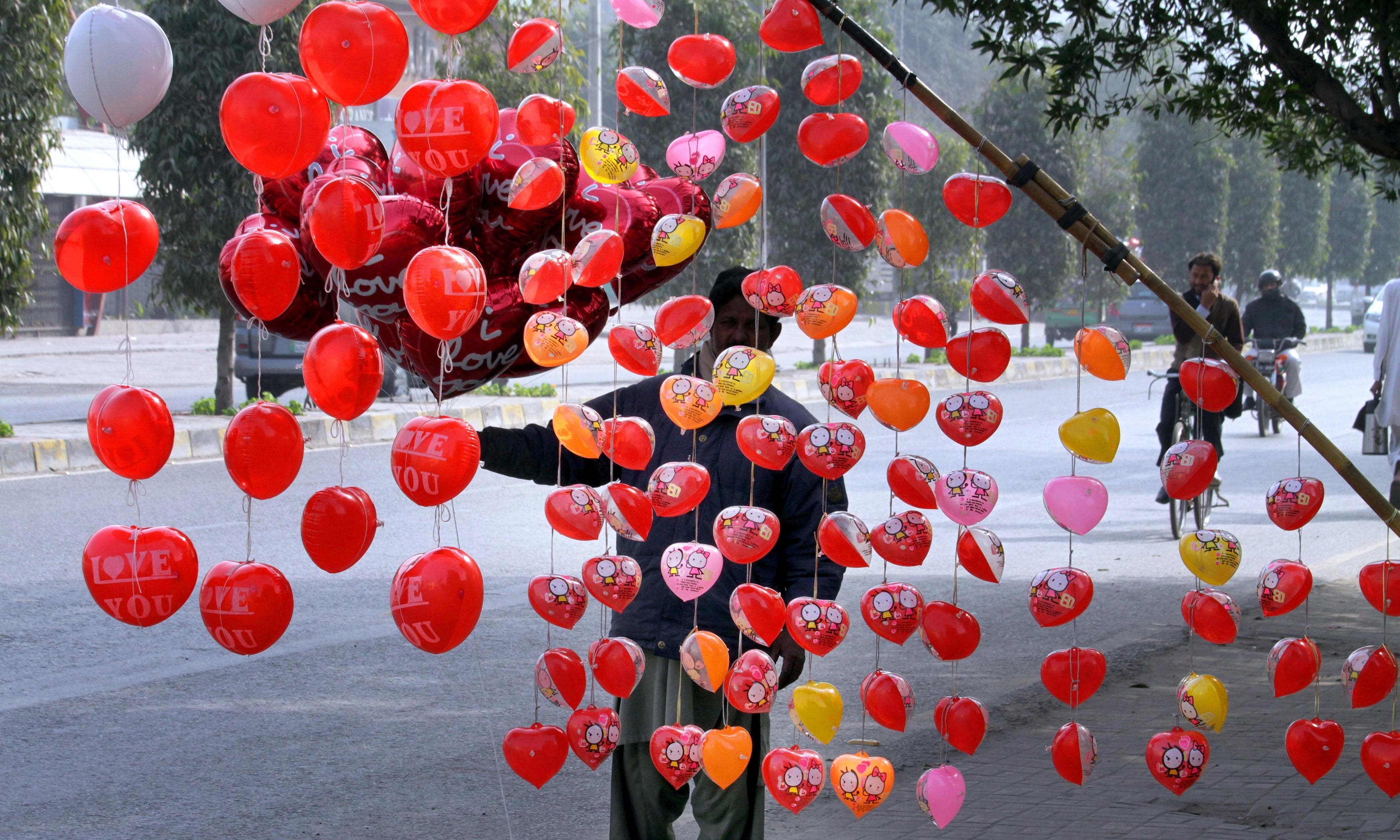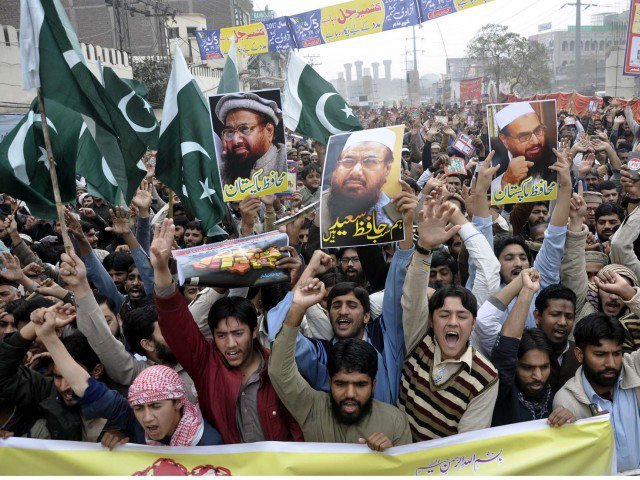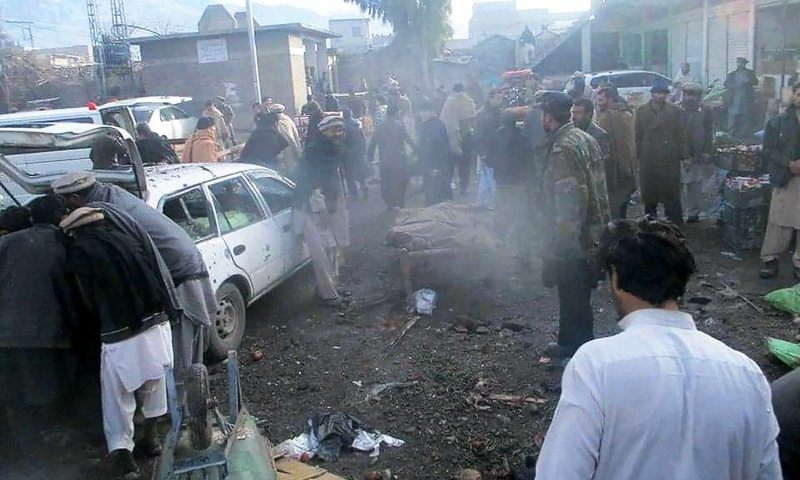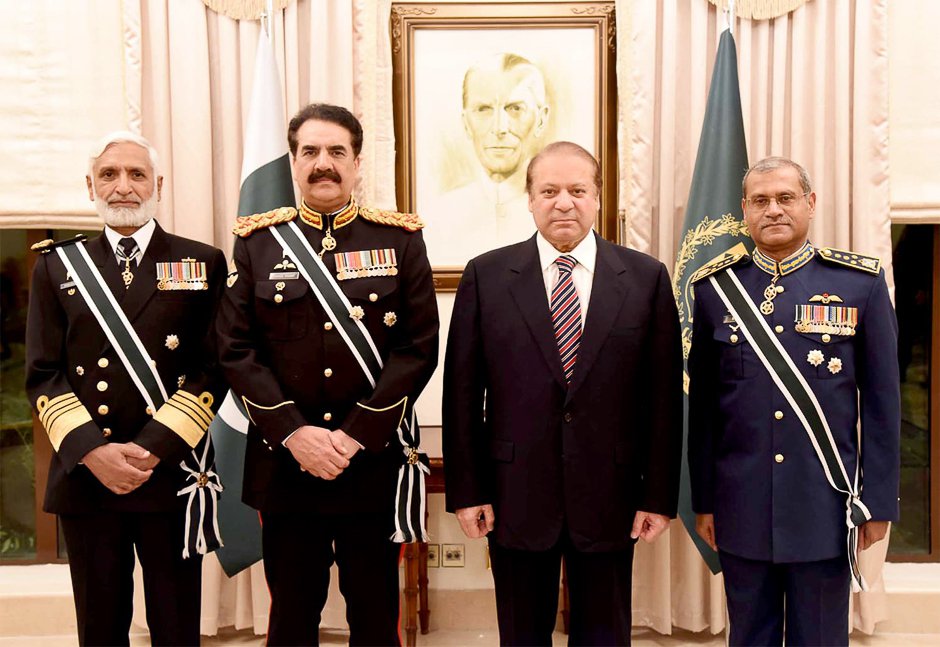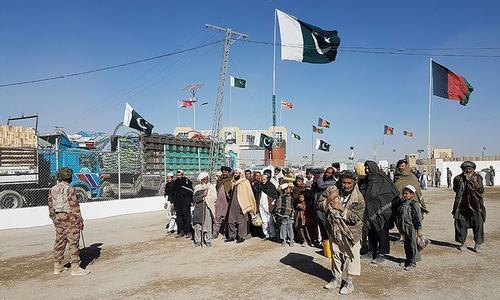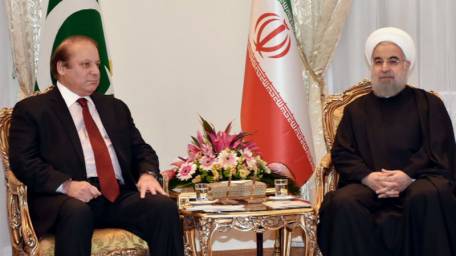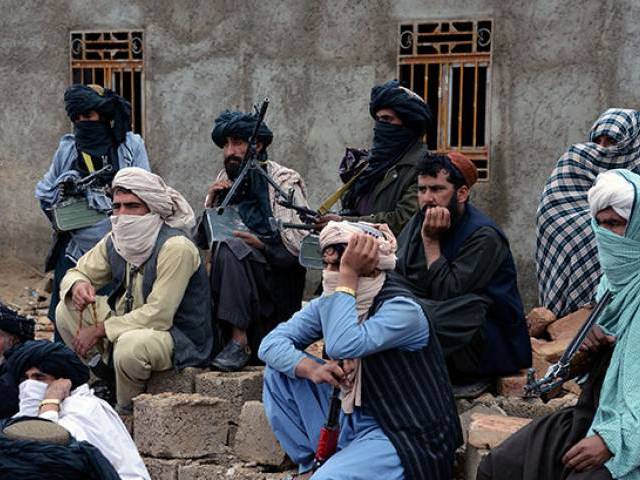CR Comment
D. Suba Chandran
Professor
International Strategic and Security Studies Programme (ISSSP)
National Institute of Advanced Studies (NIAS), Bangalore
Violence against women and abuse are not just physical. Wounds do not heal fast when a sinister remark or gesture is made, especially if it happens in public. Even if the perpetrator apologises, whether out of genuine remorse or due to pressure and to escape punishment or public censure, such an act is unlikely to address the core issue.
In South Asia, Pakistan in particular, the offender gets away with violence against women — physical or mental — leaving the victim to live with the shame.
By failing to penalise the perpetrator, an environment is created where others can repeat these acts for they can always get away with it.
Shameful incident
What happened recently inside Pakistan’s Sindh assembly was a shame. During an assembly debate, a misogynist provincial legislator repeatedly directed offensive remarks at a woman legislator.
After threatening to immolate herself if action was not taken against Imdad Pitafi, the offender, Nusrat Abbasi subsequently decided to forgive him in the name of “tradition”. Herein lies the problem which allows perpetrators of gender crimes in Pakistan to go scot free.
Implications of “forgiving” in the name of tradition due to social pressure are far-reaching — this impacts the larger gender equation at the social level and workplace; gender justice is likely to be impaired.
The offence in Nusrat Abbasi’s case is unacceptable. Though the remarks were expunged, TV clips and news reports highlight what actually happened. During the Q&A session, according to media reports, when Abbasi insisted on her question, Imdad Pitafi responded saying, “Okay drama queen... Please come to my chamber, I will tell you.” When he repeatedly asked her to come to his chambers, Abbasi broke down and said: “You should invite your mother and sister to your chambers, not me.”
What followed was bizarre. Abbasi threatened to immolate herself in the assembly if Pitafi was not held accountable for his behaviour. Then, events took a different turn. Pitafi draped a shawl on Abbasi and apologised, calling her a sister, following which Abbasi forgave Pitafi. She was quoted to have said: “For the sake of this dupatta and because he called me his sister, I am forgiving him. It is a tradition in Sindh that when a shawl is used as a sign of forgiveness, then the other person accepts it.”
Not the only one
Pitafi is not only a legislator but also a provincial minister (belonging to the PPP, once headed by Benazir Bhutto). Abbasi is also a legislator, from another party (PML-F). The offence took place in the legislative assembly in full view of its members and has been filmed as well. But since Pitafi called Abbasi his sister and local tradition expects the woman to forgive the offence,everything is settled and fine now. Or, is it?
This is not an isolated incident involving legislators abusing women in public, and worse, getting away with it. In June 2016, a federal minister (Khwaja Asif) during a parliamentary discussion on load-shedding, referring to Shireen Mazari, a fellow parliamentarian, remarked: “Mr Speaker! Tell the tractor trolley to be quiet.”
The same month, elsewhere in one of the TV shows, JUI-F senator Hafiz Hamdullah used abusive language against media commentator Marvi Sirmed.
Nusrat Abbasi, Shireen Mazari and Marvi Sirmed are not ordinary women. If this is what could happen to them in the halls of the legislative assembly, or on TV shows, imagine the plight of other women. Such abuse can be prevented if a lesson is taught at the highest level and a case made against the culture of impunity.
Abusive men invariably get away with it, thanks to the pressure on women to forgive the offender. There are similar cases where, after horrific crimes being committed against women in the name of honour (including murder, beating, acid throwing and rape), the victim is asked to forgive the perpetrator. In most cases, the apology is more to avoid the legal and criminal case that would follow, than indicative of a real change of heart.
The victim forgives more due to family and social pressures. In the recent Tayyaba case, the parents of the victim forgave the abuser, in this case a judge. Perhaps, money and muscle also play a role in ensuring that the victim “forgives”.
There have been multiple cases of abuse and violence in Sindh, Balochistan and Punjab in the recent years. The result is simple: the perpetrator goes scot free; the victim lives in shame.
Ineffective legislation
The implications of such incidents are numerous. First, they make a mockery of the legal effort to protect women from violence. If women legislators are at the receiving end, and male legislators are the culprits, how serious will these legislations be? In the Sindh case, the offender belongs to the PPP. Would he have spoken in a similar way to Benazir Bhutto, had she been alive? The issue is the perpetrator is aware when he can get away and when he cannot.
Second, such impunity affects women in the workforce. No wonder the labour force involving women is the lowest in Pakistan within South Asia.
Third and most importantly, such impunity increases the cases of violence against women in Pakistan. According to a report published in January this year, there has been a 34 per cent increase in cases related to violence against women within Pakistan in the period between 2011 to 2015. Not surprisingly, Punjab and Sindh have registered more cases.
In such a social mileu, what can legislation, including the Protection Against Harassment of Women at Workplace Act (passed in 2010) do? Sindh may be the first province (in 2012) to set up an ombudsman to provide a safe working environment for women. But if the attitude of even legislators remains unacceptable, how effective will the law be?
Economically, such attitudes and practices will ensure that a substantial section of the labour force remains untapped. Sociologically, it will keep the status of women low, thereby endangering the development of the nation as a whole
The commentary was orignally published in the Hindu BusinessLine, 3 March 2017
